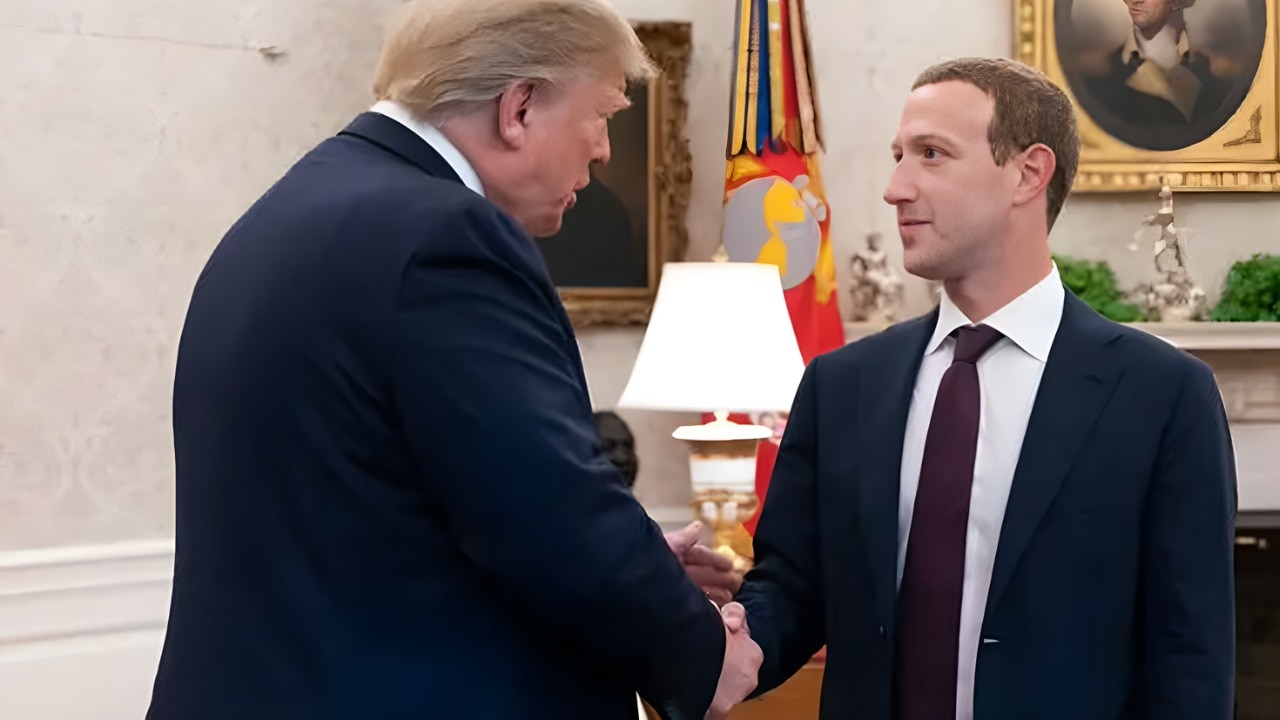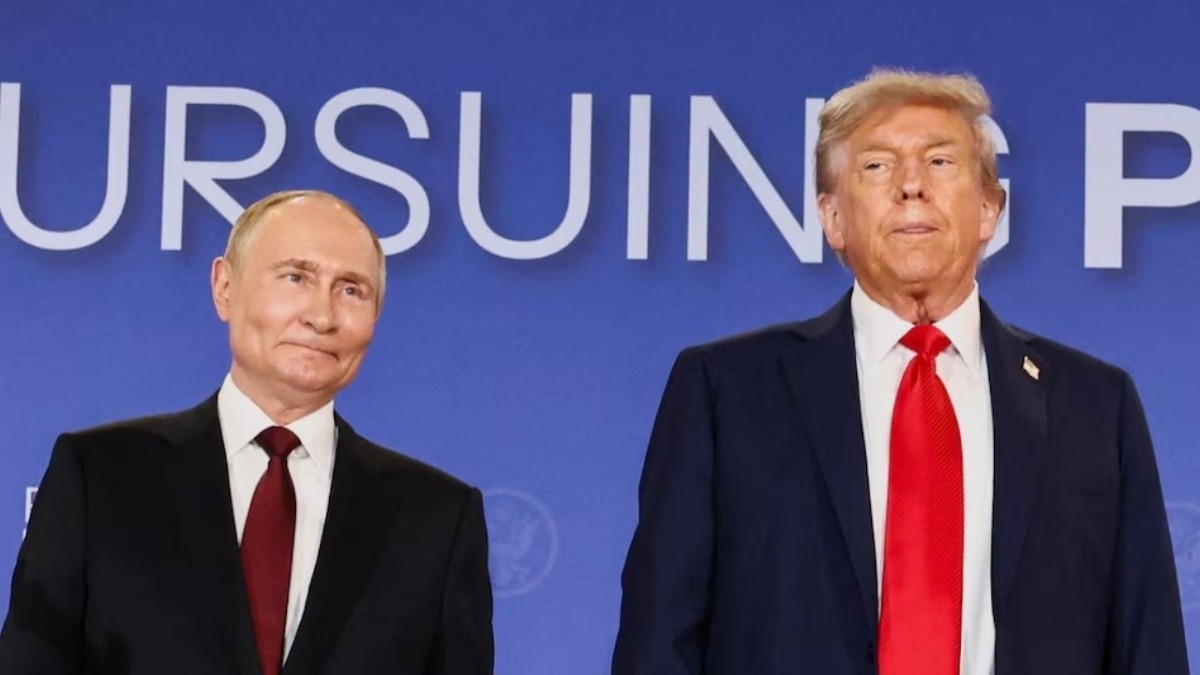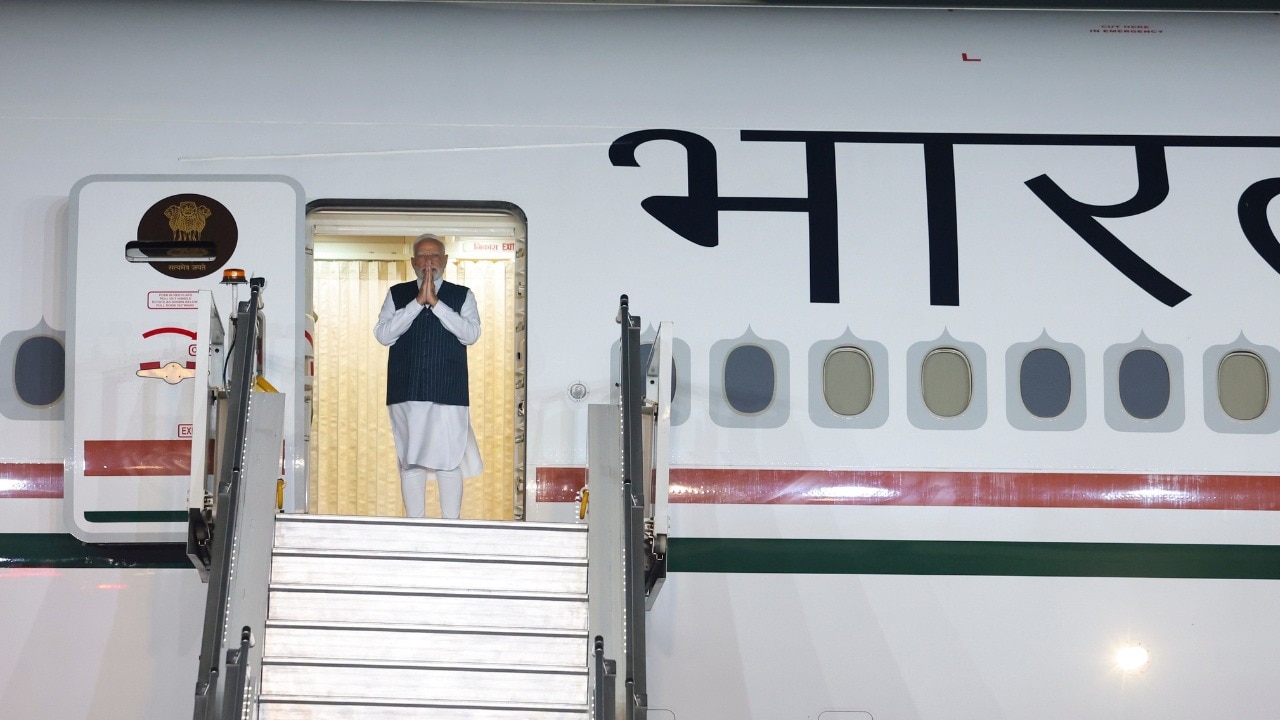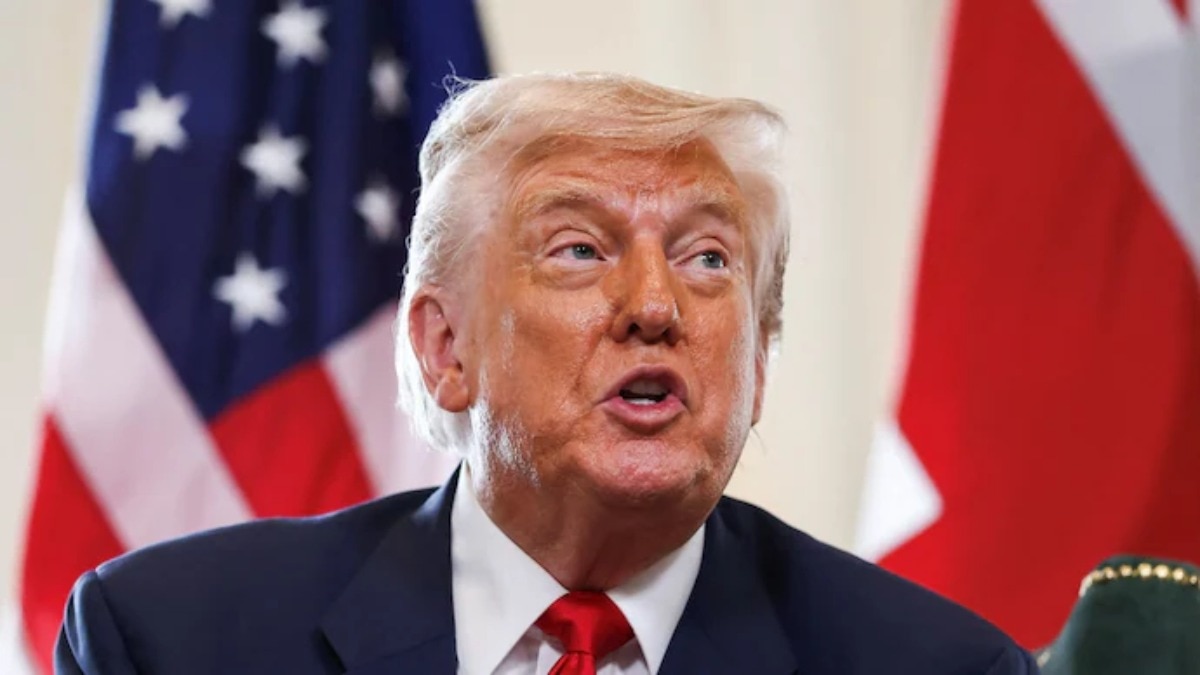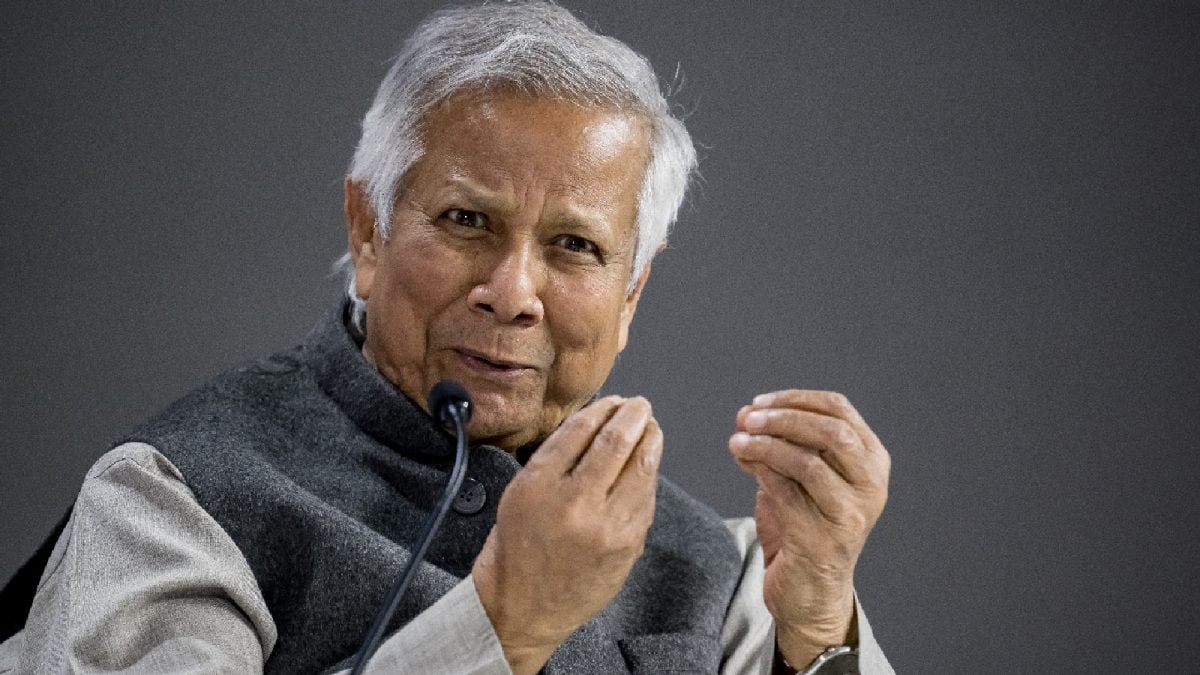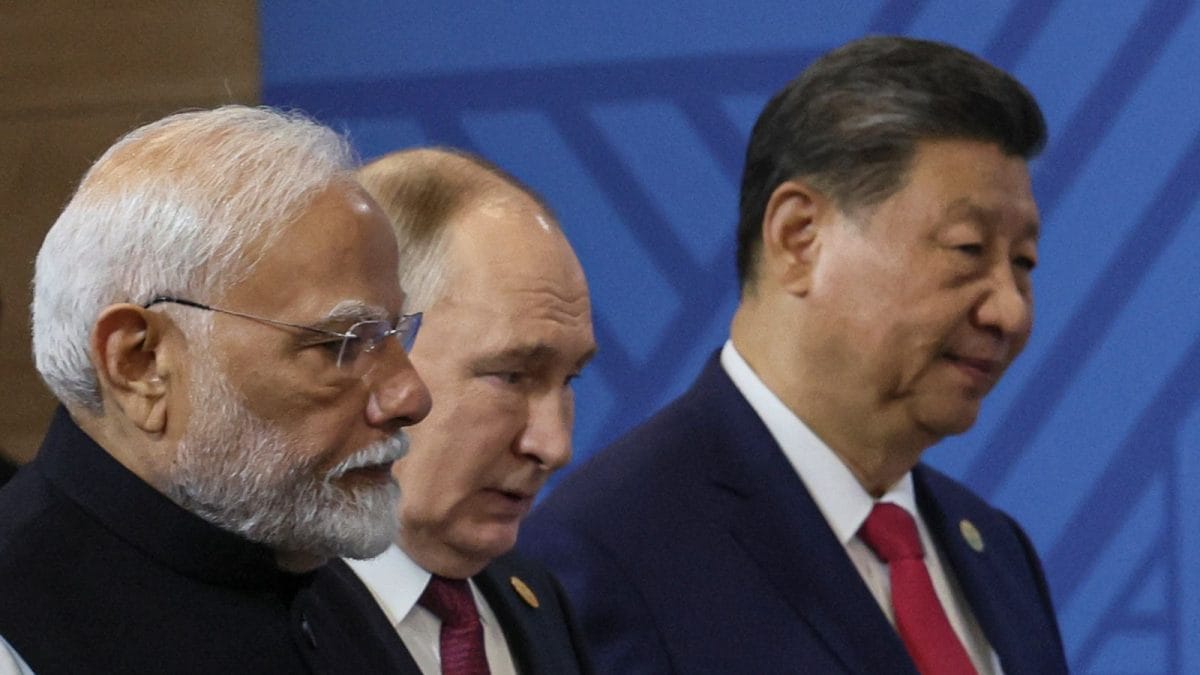The European nations' decision to activate the so-called "snapback mechanism" stems from accusations that Iran has violated the 2015 nuclear deal.

The sanctions would affect Iran's financial, banking, hydrocarbons, and defence sectors. (Representative image/ Reuters file)
Following the failure of recent talks with Iran, the European powers of Britain, France, and Germany, known as the E3, have triggered a 30-day process to reinstate United Nations sanctions on Iran over its nuclear programme.
The move, which is likely to escalate tensions in the region, comes two months after Israel and the United States bombed Iranian nuclear sites. The E3's decision to activate the so-called "snapback mechanism" stems from accusations that Iran has violated the 2015 nuclear deal, which was designed to prevent it from developing nuclear weapons.
E3’S REASONING AND IRAN’S RESPONSE
The E3 stated they were compelled to act to avoid losing the ability to restore sanctions in mid-October, when a key UN resolution is set to expire.
French Foreign Minister Jean-Noel Barrot maintained that the decision "does not signal the end of diplomacy," a sentiment echoed by his German counterpart, Johann Wadephul, who urged Iran to cooperate fully with the UN nuclear watchdog, the IAEA, and enter direct talks with the US in the coming month.
A senior Iranian official speaking to Reuters dismissed the move as "illegal and regrettable" but indicated a willingness to continue engagement.
He said, "The move is an action against diplomacy, not a chance for it. Diplomacy with Europe will continue," and vowed that "Iran will not concede under pressure."
Another Iranian official, Foreign Minister Abbas Araghchi, called the action "unjustified, illegal and lacking any legal basis" in a call with European counterparts, stating that Iran would "respond appropriately."
Meanwhile, US Secretary of State Marco Rubio welcomed the E3's decision in an X post, saying "Snapback sanctions are a direct response to Iran’s continuing defiance of its nuclear commitments." He added that the United States supports the move and remains available for "direct engagement with Iran."
SNAPBACK SANCTIONS AND IRAN'S ECONOMY
The sanctions, which will be reimposed in 30 days unless a resolution is reached, would affect Iran's financial, banking, hydrocarbons, and defence sectors. This prospect is stirring growing frustration in Iran, where the economy is already in a state of freefall, marked by a plummeting rial currency and deepening political divisions.
Before the June airstrikes, Iran was enriching uranium to 60% purity, a level that is a short technical step away from bomb-grade material. The IAEA, the UN nuclear watchdog, has stated that while it cannot guarantee Iran's programme is entirely peaceful, it has "no credible indication of a coordinated weapons project."
The E3 had offered to extend the snapback period for up to six months if Iran resumed full UN inspections and engaged in talks with the US.
- Ends
(With inputs from Associated Press, Reuters)
Published On:
Aug 28, 2025

 6 hours ago
6 hours ago







